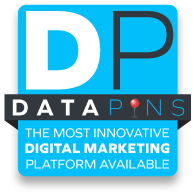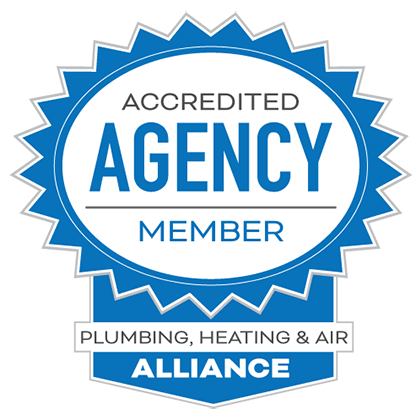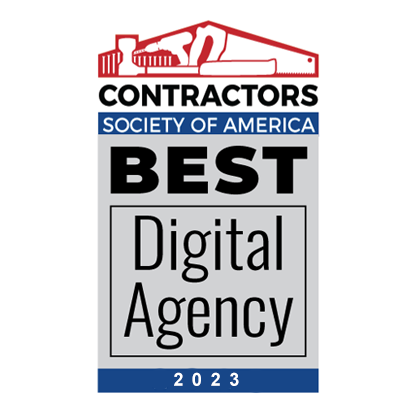Let’s get real about pay-per-click for water restoration companies. You pay every time a search user clicks on your advertisement for a specific keyword.
Paid ads can quickly drain your budget, so partnering with an experienced PPC company can maximize your profits and protect your losses.
Plumbing Webmasters is a top-rated digital marketing agency offering water restoration PPC services.
Water Restoration PPC Services
From Plumbing Webmasters
- Google Ads Management
- Landing Page Optimization
- Budget (Ad Spend) Optimization
- PPC Campaign Management
SEMRush estimates a $150 cost per click for the keyword “water restoration fort worth.” Thus, you must pay $150 every time a searcher clicks on your ad.
This tells us that PPC is less affordable than SEO and that you require a fully optimized landing page to make an ROI. Take a look at a cost-per-click example:

Google Ads Management
Finding a reputable Google Ads manager can mean the difference between prosperity and bankruptcy. PPC is often a dangerous game because so many agencies use it to tap into your revenue stream and muddy the reporting.
Honest agencies like Plumbing Webmasters will manage your entire digital marketing campaign, which often includes suggesting that you stop running PPC ads at some point.
Landing Page Optimization
For a pay-per-click ad to be successful, it must have a corresponding landing page. A landing page is the destination users reach after clicking on a paid advertisement. These pages help continue the transaction process and improve conversion rate optimization.
The goal is to grab the user’s attention and encourage them to complete a call to action, such as clicking a phone number link to connect them to your phone line (if using a mobile device).
Failure to optimize a landing page renders a paid advertisement effectively useless. Users who click but don’t convert drain your ad budget.
By partnering with Plumbing Webmasters, you can rest assured that your PPC campaign will be properly managed, from ad text to landing page presentation.
Budget / Ad Spend Optimization
As you can imagine from the cost per click of water restoration keywords, a PPC campaign can quickly drain your budget. That’s why it’s imperative to optimize your budget and ad spend.
It starts with understanding the context of pay-per-click, which should only be used as a short-term strategy.
The Google Ads-certified experts at Plumbing Webmasters ensure that your company does not overspend on advertising, ruining your long-term search visibility.
Instead, we create a comprehensive digital marketing strategy that uses Google Ads to boost your overall presence.
PPC Campaign Management
A certified PPC expert can manage your campaign and help you avoid costly mistakes like targeting the wrong keywords and presenting irrelevant landing pages.
Our campaign managers ensure you target keywords with a high chance of conversion and provide the landing page to achieve this.
PPC advertising offers your water restoration company many advantages, such as:
- Analytics / Measurement: Track campaign performance in real-time
- Budget Control: Cap your budget so you never overspend
- Fast Results: As opposed to SEO, PPC works quickly
- Geo-Targeting: Focus ads on specific locations, perhaps those affected by flooding
How User Intent Affects Your PPC Campaign
Google then presents options in search results format that match its perceived buyer’s intent. When selecting keywords for your PPC campaign, consider what users might look for when they search particular terms.
If a user searches for “attic flood,” for instance, they likely want to know how to repair or prevent an attic flood, not its definition.
Predicting your user’s intent can also help create effective landing pages and calls to action. Landing pages that focus on the user’s primary needs convert at a higher rate, which makes your PPC campaign more cost-efficient.
Get Started With PPC for Water Restoration Companies
Trust is the most crucial factor when hiring a PPC management team. It’s very easy to lose money with these advertisements, so it’s essential to vet the agency before agreeing to terms.
At Plumbing Webmasters, we have a reputation for honesty and affordability, making us a great partner in your paid advertising ventures.






